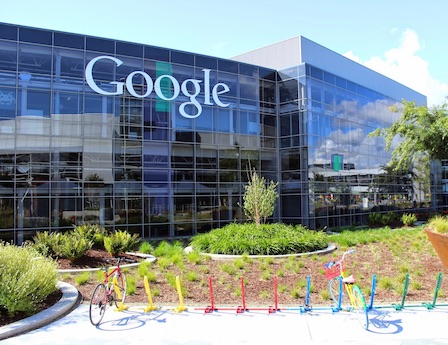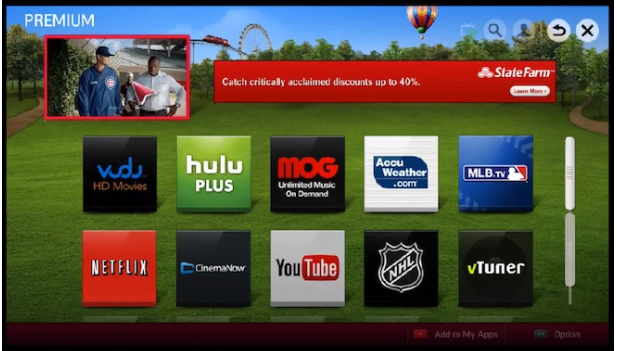Guest Blog: Google’s Plan to Destroy Local TV

The smarter way to stay on top of broadcasting and cable industry. Sign up below
You are now subscribed
Your newsletter sign-up was successful
On Jan. 27, 2016, FCC chairman Tom Wheeler announced an initiative called AllVid, saying that it “is time to unlock the set top box market.” Wheeler proposed that any company be able to sell a set-top box that would interface with the existing cable and satellite architecture. Within hours of the announcement, Google’s Washington, D.C. office sent out an invitation. It read:
Test Drive the Future: Demo the Competitive-Video Solution… Please join the Competitive Video Choice Coalition (CVCC) on Friday, Jan. 29, at Google’s office (25 Massachusetts Ave, N.W., 9th Floor) at 10:45 am for a one-hour demonstration of a competitive set-top box solution.…The competitive solution demo will address key policy questions…
The obvious conclusion is that Google’s inside access to the FCC had allowed them to get a jump on the market with a product that would decimate the local spot advertising market for broadcasters. Anyone who has read Public Citizen’s Report on Google’s Power in Washington, D.C., called Mission Creepy, will understand how the nation’s richest corporation is using the capture of Washington regulators to destroy adjacent businesses. I have written recently in the New York Times about the effect of Google’s YouTube on the music business. Google Books is also wreaking havoc in the book business. But the goldmine of local TV advertising is what Google really has in its sights.
While I fully support the FCC’s desire to create a more vibrant and competitive ecosystem for accessing TV programs, I am deeply worried the effect this proceeding might have on the market for local television advertising, which supports much of the local news and public affairs programming on local TV broadcasting stations. I am aware that the cable industry has not innovated at the set-top box level for many years and that users need a more intuitive way to find TV programs, especially in an era when much of the content is being accessed OTT, in an on demand fashion.
My main concern is that firms like Google will offer subsidized set-top boxes in order to sell local interactive advertising on the home screen of their STB, such as in this example.

Google could essentially offer the local restaurant, auto dealer or other advertiser a targeted interactive ad, that would be far more efficient than advertising on the local TV station. The effect of this would be to totally kill the local TV spot advertising market, which funds most of the local broadcasting programming. We have seen what these kinds of competitive services have done to the local newspaper business, with U.S. newspaper ad revenues falling from $66 billion to $17 billion since Google entered the market.
I don’t think the FCC wants to totally decimate local broadcasters in the same fashion that local newspapers have been destroyed. If my local channel can no longer afford local news broadcasting, Google will not be there to replace it. As the analyst Scott Cleland has written, “At its simplest, what the FCC AllVid proposal does is force the regulated pay TV industry to create a Google-most-friendly IP search interface/portal into their proprietary pay TV offerings. That way Google would be enabled to index and then monetize their competitors’ most valuable proprietary information for free, by adding Google Internet ads as an overlay to competitors’ ad-supported content, and by skipping the ads of their competitors, to kneecap their competition’s relatively much smaller advertising businesses, and to devalue their competitors’ paid content assets made vulnerable by the FCC proposal.”
The smarter way to stay on top of broadcasting and cable industry. Sign up below
So perhaps some provision that providers of these new types of set-top boxes not be allowed to sell advertising might be a way to mitigate this risk. Google has none of the privacy restrictions that the FCC has imposed on the cable, telecom and satellite businesses and so it would have one more massive data set to sell advertising against. Apple seems happy to sell an Apple TV box that does not vacuum up all your TV watching data to resell to advertisers. If Google and Amazon really want to be in the set-top box market, let them compete on a level playing field without advertising.
Jonathan Taplin is director of the Annenberg Innovation Lab at the University of Southern California.
